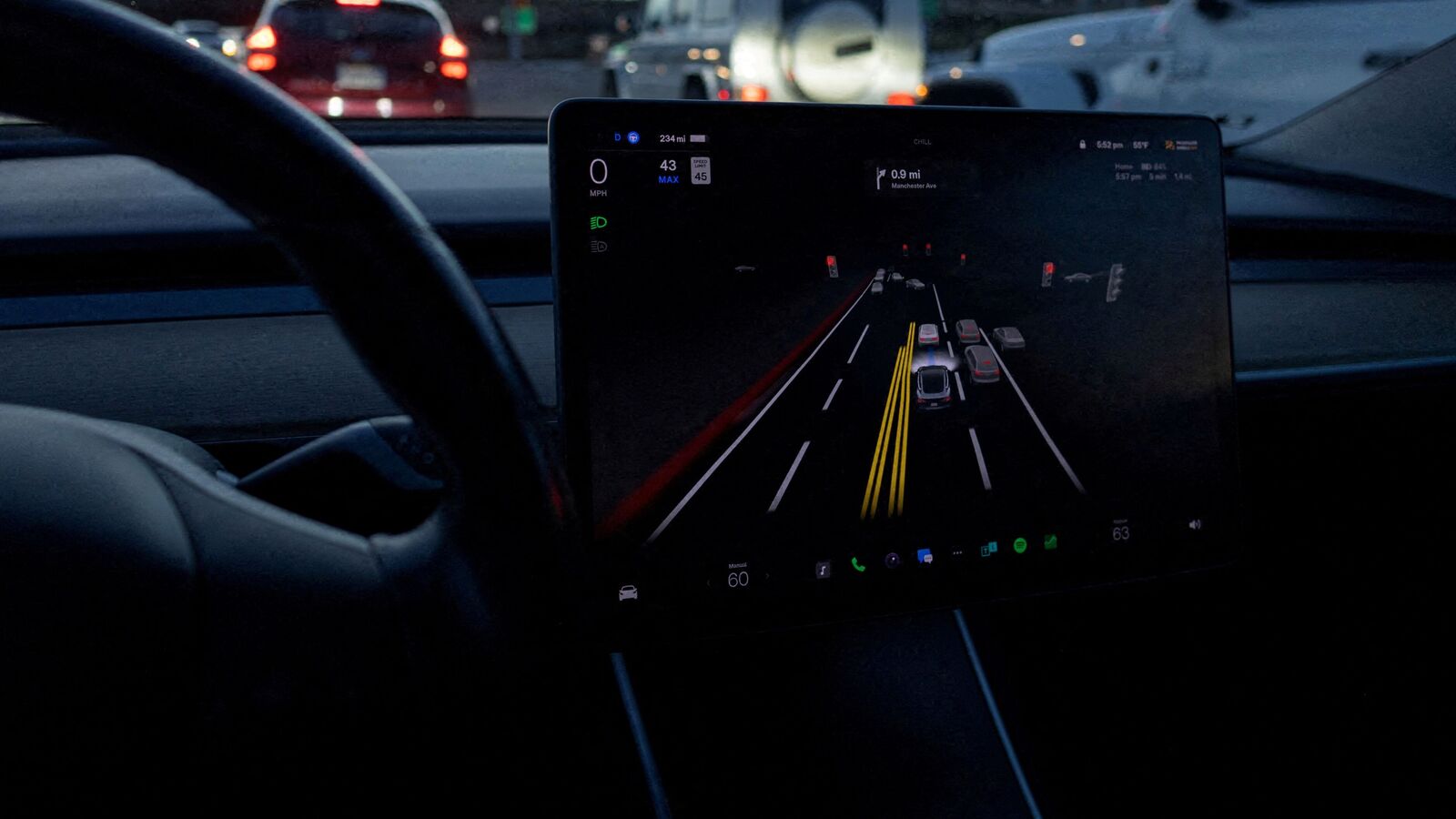Copyright © HT Media Limited
All rights reserved.
For decades, carmakers competed on horsepower, chassis stiffness, and how fast a machine could go around a bend. That dominance is fading. A new Capgemini Research Institute report suggests that the biggest differentiator for the auto industry in the coming decade will not be engines or sheet metal, but software. By 2035, over half of carmakers’ revenues could come from software-defined products and mobility services.
Strong ambition, slow progress
While 92 per cent of companies agree that every carmaker will eventually become a software company, very few have scaled their ambitions into reality. Just 14 per cent of automotive firms have achieved full-scale deployment of software-driven mobility (SDM) initiatives in 2025, while a third have only partially scaled. For now, the gap between ambition and execution remains wide.
Also Read : With Snapdragon Ride Pilot, Qualcomm sharpens focus on future of mobility
One major hurdle is the old problem of hardware and software being tightly bound. Only one in ten original equipment manufacturers has made real progress in decoupling the two, though it’s seen as essential for faster innovation and scalability.
Partnerships to plug the gaps
Carmakers are increasingly aware they cannot do this alone. Nearly two in five are already working with big tech and hyperscalers for cloud and data capabilities. A third plan to go further, setting up joint ventures within three years. At the same time, 70 per cent of companies are building software capabilities in-house to maintain control over brand-defining technologies. Supply chains, too, are being reworked for geopolitical resilience, with India, Southeast Asia, and Eastern Europe emerging as new sourcing hubs.
The AI pivot
Artificial intelligence is already embedded in the industry’s software strategy. From advanced driver assistance and autonomous driving to cybersecurity, 85 per cent of respondents see AI as critical. Beyond safety, AI is expected to cut costs, boost efficiency, and shape new mobility services. For carmakers used to measuring success in torque and top speeds, the shift to machine learning models as competitive advantage is a cultural shock.
Also Read : Hyperscreens are not luxury anymore, admits Mercedes-Benz
A structural overhaul ahead
Capgemini’s survey highlights the scale of the challenge. Most organizations, 86 per cent, believe a software-driven mobility strategy demands a complete organizational overhaul. That means rewriting processes, retraining engineers, and building new platforms that can unify software development across vehicles and services. For an industry built on the assembly line, this could be its most disruptive transformation since mass production.
The race, then, is no longer about who makes the fastest car. It’s about who builds the smartest system, and whether an industry steeped in hardware DNA can reinvent itself for a future where code is king.
Get insights into Upcoming Cars In India, Electric Vehicles, Upcoming Bikes in India and cutting-edge technology transforming the automotive landscape.
Editor’s Pick
Trending this Week
Latest Car & Bike News
Copyright © 2025 HT Auto











